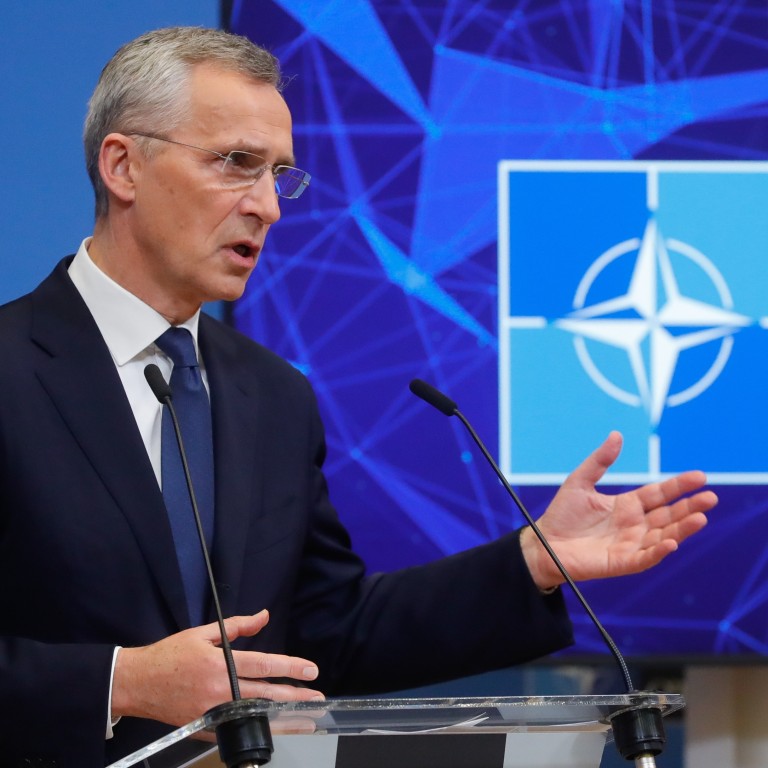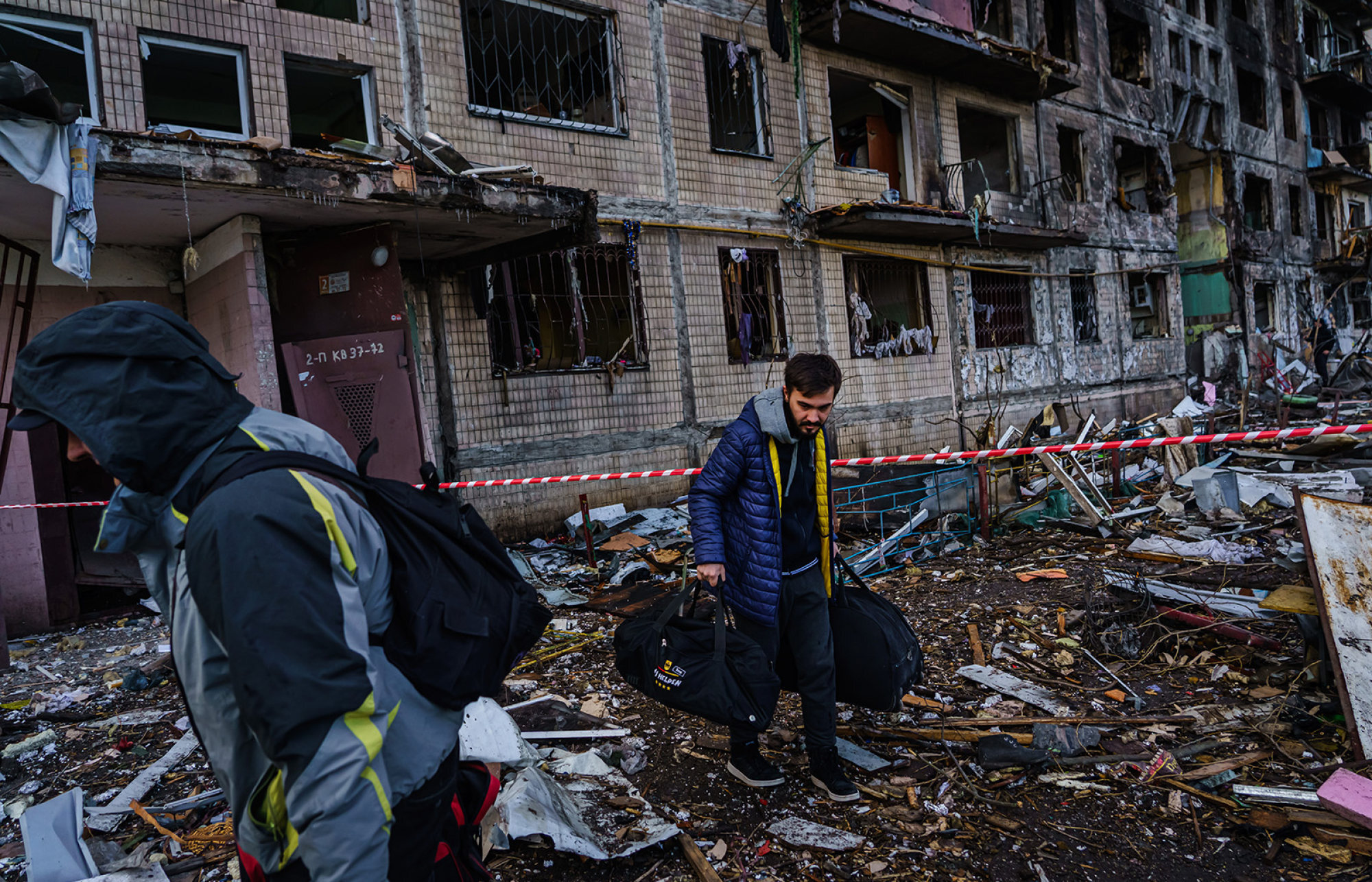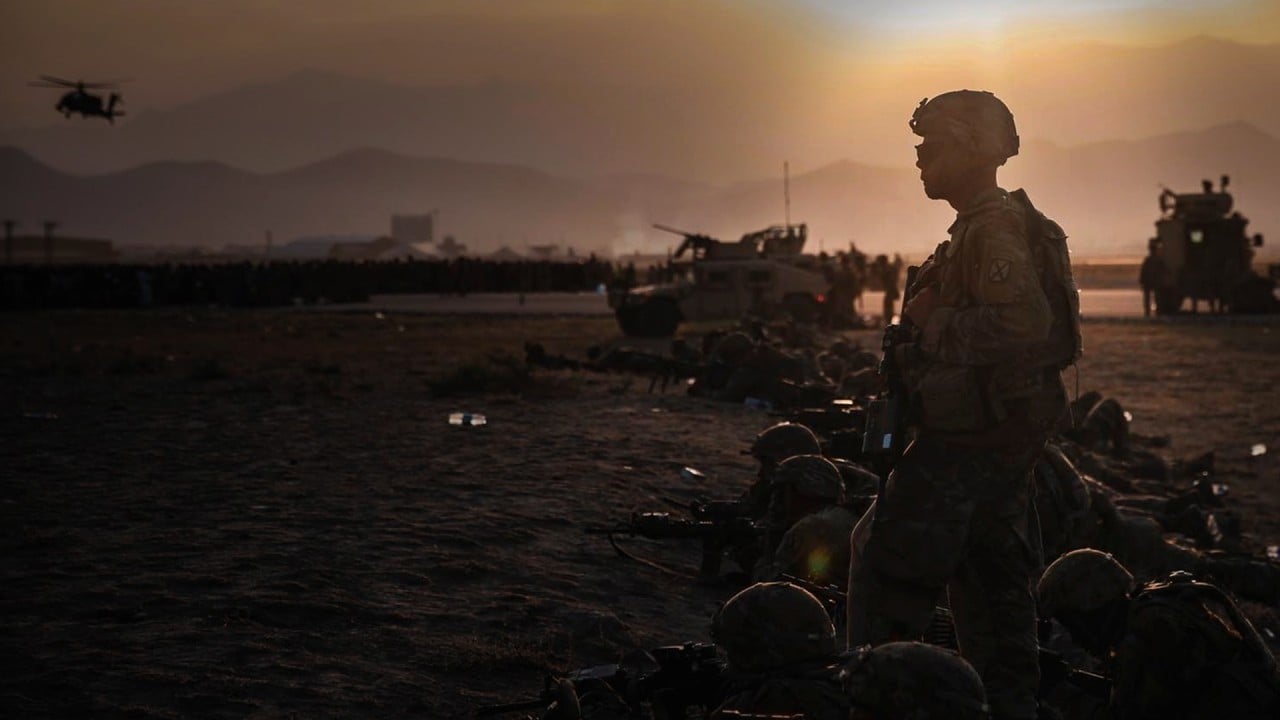
West must ultimately take blame for failing to preserve peace in Europe
- Russia may have begun the invasion of Ukraine, but it is the US and Nato’s long history of expansionism and desire for global dominance that brought war to Europe
- Even now, when pursuing a path of multipolar coexistence might restore peace, the West instead allows Ukraine to pay the price for its aggression
Europe has largely been at peace since the end of World War II. The Soviet invasions of Hungary in 1956 and of Czechoslovakia in 1968 were exceptions, but they were localised attempts to keep the Soviet bloc intact rather than intrusions into the Western sphere. The Russo-Georgian war of 2008, meanwhile, has echoes in the current conflict.
Truly dreadful were the Balkan wars that followed the destruction of the Soviet Union, which saw the break-up of Yugoslavia and resulted in war crimes ranging from genocide and crimes against humanity to ethnic cleansing and rape. Even so, as a whole, Pax Europaea – the European peace – has prevailed.
That peace came to an end in February with the Russian invasion of Ukraine. It had been preceded by the 2014 Russian annexation of the Crimean peninsula. This time, though, Russia’s war aims go beyond protecting the independence of the Donbas region to include Ukraine’s neutrality between Russia and the West, its abstention from joining Nato, and its refusal to become a nuclear power or allow foreign military bases on its territory. Should these demands be met, they would represent the most fundamental realignment in European affairs since the disintegration of the Soviet Union.
They would occur against the backdrop of a punitive war. No matter who wins or claims to have won this war, European peace has been shattered. While Russia holds blame for having launched the invasion, the West must stand accused of having lost the peace that existed before Russia’s “special military operation” began on February 24.
Why should the West be held culpable along with Russia? It is because European peace would have prevailed had not Nato’s eastward expansion of its nuclear infrastructure threatened Russian security.
It was an expansive West, bent on exporting its self-serving ideology of freedom and democracy through overt and covert support for popular uprisings against regimes that it considered to be unfriendly, that created the political encirclement of Russia – a country that has never sought to export its autocratic model of governance to the West.
This is the West that has lost European peace.
During the Cold War, proxy wars between the Western and Eastern blocs were a favourite instrument of hegemonic conflict. Civil wars in the Third World ravaged Asia, Africa, and Latin America. Now, the era of wars fought at arm’s length has come to Europe.
European peace has been lost. The only way of restoring that peace in the long run is to accept Russia as a part of Europe. If America is an Atlantic power, there is no reason Russia cannot be an accepted European power. After all, Nato’s oceanic agency lies astride the Atlantic; Russia shares the continent itself with its fellow European nations. For Nato nations to pretend that Europe is complete as a region without Russia would constitute an act of geographical folly.
Of course, the same recognition would entail a degree of Russian reconciliation with unhappy reality. Much as Western overreach provides the primary cause of the Ukraine war, Moscow has to understand that the constellation of global forces is not arrayed in its favour.

China has enough problems with the West without Russia adding to them with an invasion that does nothing to improve the Chinese position in global affairs. As for India, its dependence on Russia for arms does not outweigh its closeness to the West as a way to shore up its position against China.
In a nutshell, the bipolar world presided over by Nato and the Warsaw Pact is gone forever. What we have is a multipolar world in transition. The outcome of that power transition remains uncertain.
Ukraine war: failure of West’s ‘ecumenical peace’ could spill over to Taiwan
If the key global players focused instead on forging stronger bridges among themselves through the agency of the needs and demands of burgeoning international trade, lasting peace may be within reach. This would require the military-industrial complex of the West to fundamentally recalibrate.
In the meantime, it is imperative that Russia ceases and reverses its military incursion, no doubt upon achieving a satisfactory compromise.
The West has lost the European peace. Russia must not follow it in losing world peace.
Francis Xavier is Senior Counsel at law firm Rajah and Tann


